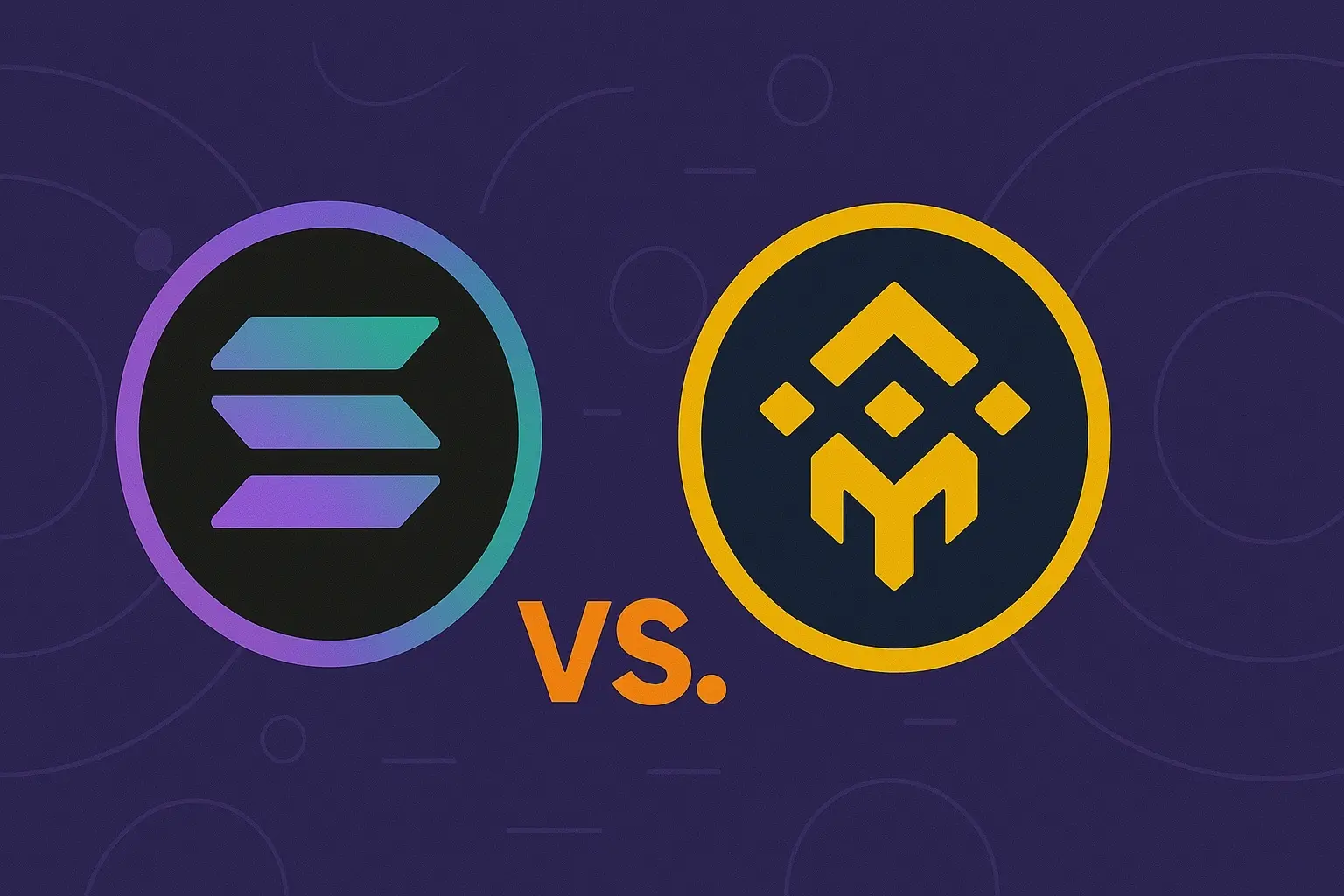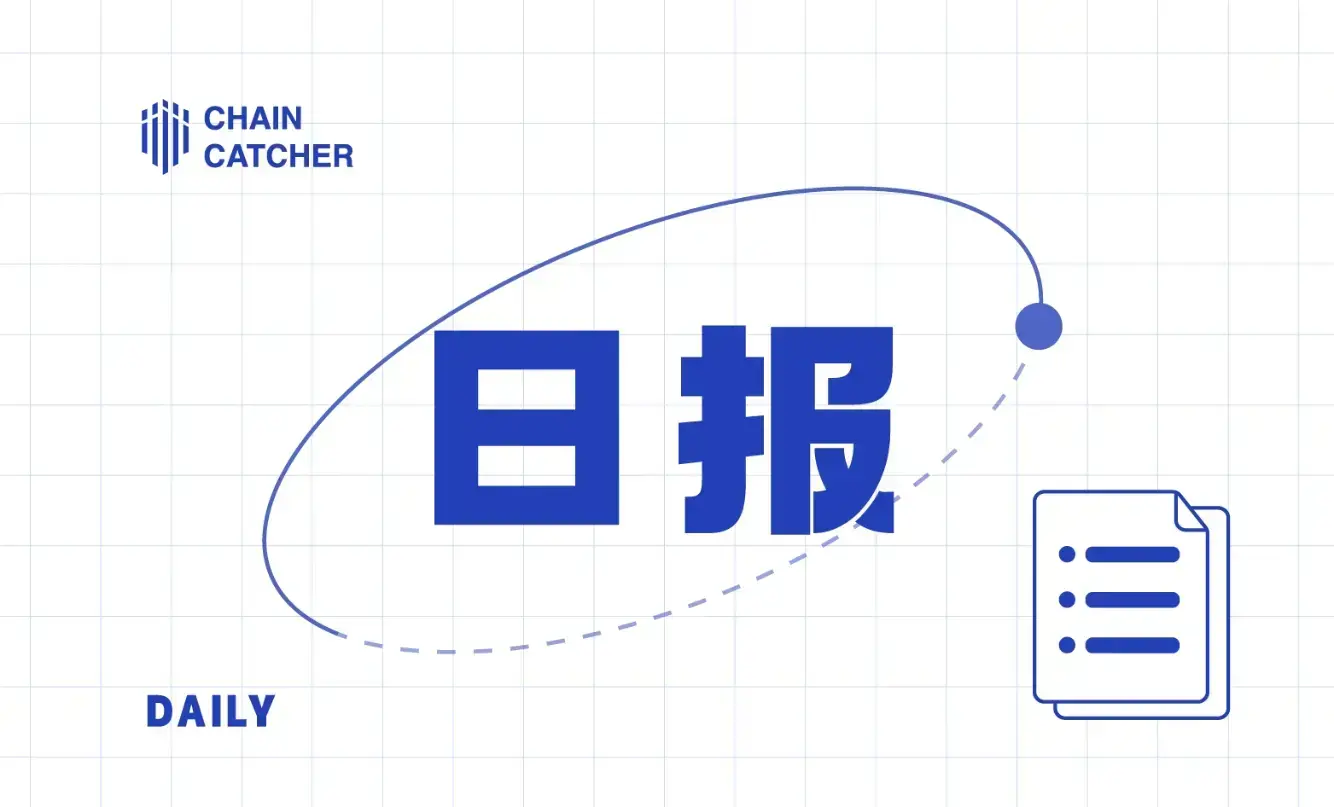How ambitious is Ubisoft in integrating NFTs into AAA game masterpieces?
Author: Baize Research Institute
Ubisoft is a video game developer headquartered in France, founded in 1986. Ubisoft has 23 game development studios and 28 subsidiaries worldwide, making it the third largest independent game developer in Europe and the fourth largest independent game publisher in North America as of 2008. Its well-known video game IPs include: "Assassin's Creed," "Rainbow Six," "Far Cry," etc., with the "Assassin's Creed" series having sold 73 million copies by 2014.
Yesterday, Ubisoft announced through a press release that it will launch the Quartz digital platform on the Tezos blockchain, a platform for players to acquire NFT assets. The first NFT will also be released in the beta version of "Ghost Recon: Breakpoint" tomorrow. Players who meet the requirements of reaching level 5, playing for over 100 hours, and over 600 hours will receive NFTs of a gun, helmet, and tactical pants, respectively. This indicates that Ubisoft is the first company to officially integrate NFTs into AAA games.
(Note: AAA games refer to those with high development costs, long cycles, and high quality.)
Tradeable and Low Energy Consumption
According to the press release, Ubisoft's NFTs are called "Digits," and the initial NFTs will appear as in-game items (decorations, weapons, equipment) and represent collectibles in the game world. They will not affect gameplay or disrupt the player experience.
The characteristics of these NFTs are as follows:
Uniqueness: Each NFT is a one-of-a-kind collectible with its own serial number, viewable by other players in the game.
Playability: NFTs are high-quality collectibles in games with practical value. As playable decorations, NFTs allow players to personalize their gaming experience and complete their tasks in a stylish manner.
Control: Each NFT comes with a certificate of ownership stored on the blockchain, a decentralized, community-driven technology independent of Ubisoft, giving players more control than ever before. With this technology, game items are no longer tied to a player's game inventory, as they can be sold to other players for trading on third-party platforms outside the game ecosystem.
Unlike traditional game skins or equipment, each Ubisoft NFT provides players with a unique serial number, making them "non-fungible." Furthermore, even users who do not play the game can buy and sell them on Tezos.

Ubisoft's Vice President of Strategic Innovation Lab, Nicolas Pouard, stated:
"Our long-term efforts have helped us understand how the decentralized approach of blockchain can truly make players stakeholders in our games, returning the value they generate through their time spent, the items they purchase, or the content they create online back to them in a sustainable way for our industry. Ubisoft Quartz is the first component of our ambitious vision to develop a true metaverse."
"If we do not overcome the early limitations of blockchain in gaming, including scalability and energy consumption, it cannot be realized. Tezos, a blockchain that operates on a proof-of-stake mechanism, requires much less energy to operate compared to proof-of-work blockchains like Bitcoin or Ethereum."
From Blockchain Games to the Metaverse
Ubisoft's steps do not stop at NFTs. Didier Genevois, Ubisoft's Director of Blockchain Technology, stated in an interview: "The Quartz platform is just the first step; we want to see how players will interact with NFTs."
During the company's Q2 earnings call, CFO Frédérick Duguet discussed its ambitions for blockchain gaming, suggesting that "Play-to-Earn" could be used in Ubisoft's own games, allowing players to earn crypto assets while enjoying the game. Ubisoft "hopes to become one of the major players in blockchain gaming."
In October, Ubisoft invested in the blockchain game development studio Animoca Brands, which includes products like Revv Racing, Revv Motorsport, and racing games. These games are all based on crypto assets, allowing players to collect NFTs. Additionally, Ubisoft's official website's "Support Game Startups" page lists other companies it has previously supported, including blockchain game company Horizon Blockchain Games.
In the mainstream gaming community, while domestic players are still discussing "when will there be a domestic AAA game," Ubisoft stated in a conference call that it will gradually shift from focusing on AAA games to free-to-play games.
In fact, "AAA games" is a concept created by game manufacturers, a weapon used by Western companies in the past when facing Japanese companies with superior innovation and content production capabilities. Essentially, it is about "miracles through effort," attracting players with the visual impact brought by high R&D costs. However, the result is that the production costs of AAA games continue to rise, and under the pressure of high costs, Western companies have begun to rely on classic IPs as a "lifeline," much like Hollywood's old path of repackaging old stories.

However, while current free-to-play games regularly provide new content for players and generate necessary revenue for developers, it is undeniable that players have also played an active role in co-creating the gaming experience, yet developers have not rewarded content creators and the community for the value generated in the gaming experience.
Therefore, in Ubisoft's report "Vision for Blockchain" released earlier this month, it views blockchain technology as a means to "bring games back to the community," allowing players' time spent and items purchased to create value in their contributions.
"Our position is that a thoughtful approach to integrating blockchain into games can lead to a fairer, more player-centered path. It is undeniable that trust in this technology has been severely hindered. At its debut, projects relying on this technology appeared in unsustainable forms, marketing gimmicks, scams, and other speculative mechanisms."
However, the shift towards decentralization means that Ubisoft will give players more control. By introducing ownership in games, players will have more control over their identity in the game, whether it be characters or constructed houses. Essentially, every element in the game will become something that belongs to them. Players should be able to treat them as they would any real-life item, including selling them and gaining the benefits and value generated from the time and skills required to create or acquire them.
Of course, blockchain will only truly change gaming when game developers place players at the center. After that, players can generate endless possibilities in the game world, such as game items no longer being tied to a single game world, technically achieving true interconnection between game worlds, which will open the door to a true "metaverse," the ultimate goal of Ubisoft.
The concept of the "metaverse" far exceeds the strategy of a single company; without a digital economy, decentralization, and community-driven initiatives, the "metaverse" cannot exist.
Which Other Major Game Companies Are Involved in NFTs?
In addition to Ubisoft, the American video game giant Electronic Arts (EA) has also expressed interest in blockchain gaming in recent months. EA's game IPs include "Battlefield," "FIFA," "Need for Speed," etc. In this month's EA earnings call, CEO Andrew Wilson stated that NFTs and "P2E" are the future of the gaming industry. "I believe collectible NFTs will play an important role in our future. Although it is too early to draw conclusions, I think we are in a very favorable position, and we should expect to think more innovatively and creatively about this as we move forward."
Recently, EA's job postings have included "NFT" and "blockchain," indicating that the company is at least aware of the rising popularity of blockchain gaming. "We are excited about EA's gaming subscriptions, our PC storefront and platform, competitive gaming (including FIFA, Apex Legends, and Madden NFL), and new business opportunities, including fantasy sports, blockchain, and NFTs, among others."
The renowned Japanese game company Konami, known for titles like "Metal Gear," "Silent Hill," and "Pro Evolution Soccer," also expressed interest in NFTs last month: "As we move towards the future, with advancements in electronic products such as mobile devices and home consoles, as well as the emergence of new distribution platforms utilizing cloud technology, our business scope will continue to expand. Furthermore, with the development of technologies such as AI, 5G, and NFTs, and the increasing recognition of esports as a sporting event, we expect the market to enjoy games in creative new ways."
Another Japanese video game giant, Sega, is also entering the NFT space, with game IPs including "Sonic the Hedgehog" and "Romance of the Three Kingdoms." After investing in the well-known blockchain game company Double Jump.tokyo in the first half of this year, Sega is collaborating with the company to leverage its many excellent IPs to create more value. After launching NFT content such as game illustrations and background music, the official will also provide more services to allow NFT owners to utilize and enjoy NFT content more effectively.
In October, the world's largest video game store, Steam, banned "Play-to-Earn" games, specifically all games based on blockchain technology or those that can exchange NFTs and cryptocurrencies, and this ban has been written into the rules of the Steam store. However, Epic Games Store, a competitor to Steam, welcomed all blockchain games abandoned by Steam, provided they fully comply with financial regulations and have clear blockchain usage policies.
Under this premise, Epic allows blockchain games to use their own payment systems. Although Epic's CEO Tim Sweeney stated that the company was once uninterested in NFTs, it now welcomes "innovation in technology and finance," suggesting that there is essentially no good or bad in blockchain.
Small Thoughts
The creation of NFTs is "accidental";
The emergence of blockchain games derived from NFTs is "determined";
The layout of NFTs and blockchain games by traditional game giants is "natural";
The move of NFTs and blockchain games to a larger stage is "inevitable."










